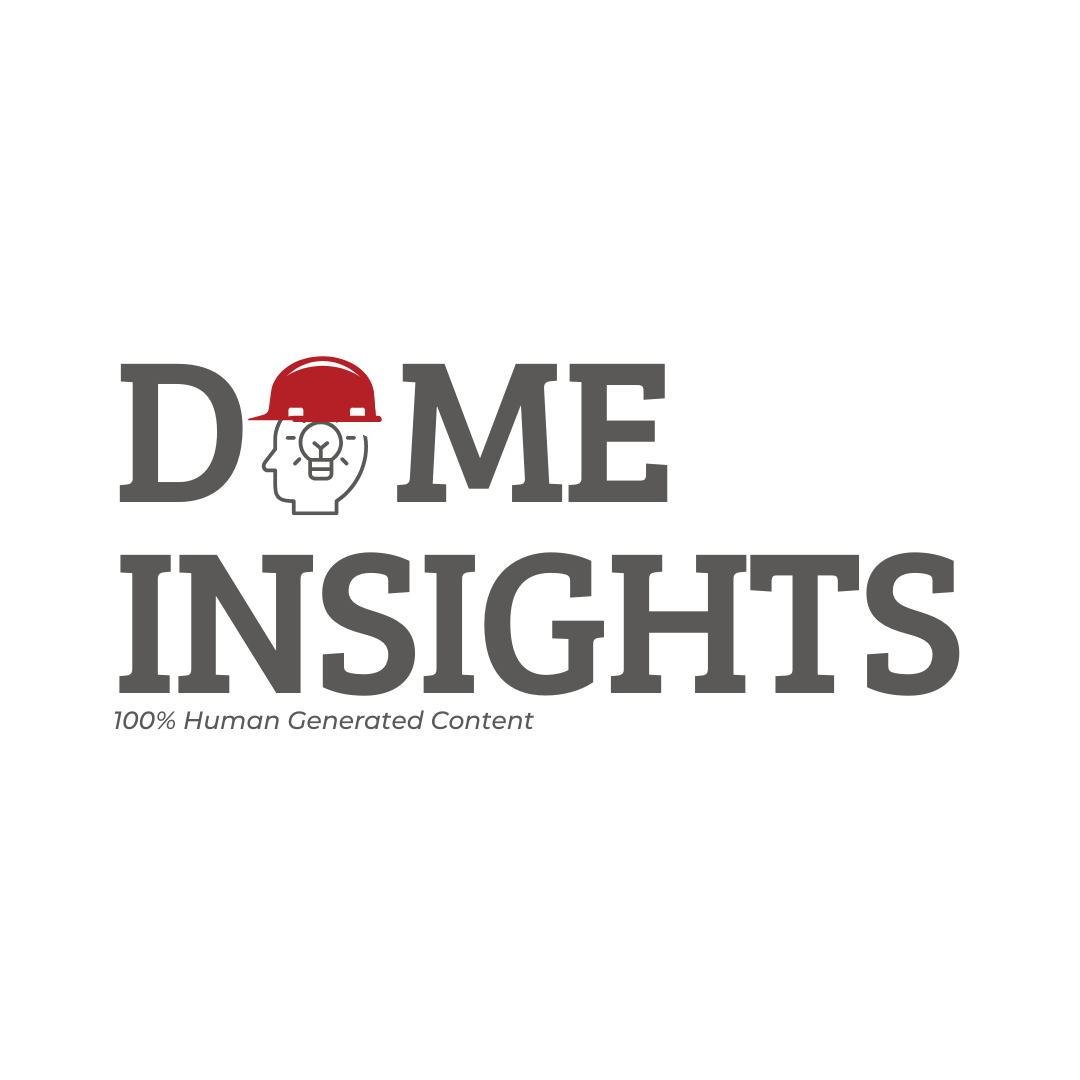Dome insights
What is Trust?

Dome Insights is 100% HGC (Human Generated Content) where we explore various topics, from personal and professional growth to the intricacies of construction, including cutting-edge technology and industry best practices.



Of the many odd jobs I perform at Dome (like writing these posts), one of the more engaging and fun functions is facilitating Project Visioning workshops. We bring the motley crew of project stakeholders (client, architects, engineers, key trade partners, and the Dome team) together to align on the behaviors and processes that will lead to project success.
When I ask the group to identify key ingredients of a successful team, without fail, the word Trust percolates to the top. Like Respect, Empathy, and Connection, I see Trust as a Big Squishy word. It means so many different things to so many different people. It is hard to define, but you know it when you feel it.
Let’s try to unpack this Big Squishy word: Trust
Credit to Lighthouse Institute, our leadership skills development partner, for helping us understand Trust as detailed in the book, Speed of Trust, by Stephen M.R. Covey.
Trust occurs when Character and Competence are present AND in balance.
Character is when someone’s intentions and integrity are pure.
Competence is when someone’s capabilities yield tangible results.
You may trust your favorite veterinarian to treat your beloved Fluffy, but doing your taxes is another story. You may expect Al Capone to understand tax law, but again, good chance you wouldn’t have trusted him to do your taxes either.
Building trust takes time and often grows from showing your competence in something over time. Coupling your results with a willingness to be loyal, own your mistakes, operate transparently, being curious, and keeping commitments, your character will shine through and cement the trust someone has in you.
Conversely, this hard-earned trust can be instantly depleted by a lapse in character.
It can be useful to think of trust like it’s a bank account. Every interaction with someone is an opportunity to add to your trust account. Over time, trust compounds. Now and then, you may have a minor withdrawal for a mistake, missed deadline, or misunderstanding a request. Your character should buffer these missteps. The goal is to avoid a catastrophic withdrawal.
During our visioning sessions, we explore specifically how the team will build and maintain trust, and, should it be broken, how to mend it effectively.
Given the fundamental need for trust in any relationship, I would encourage everyone to explore this Big Squishy concept further.

